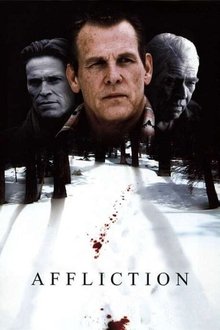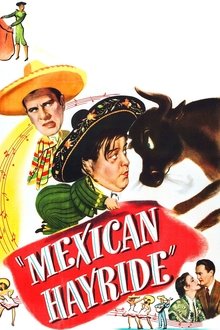Related Movies

Me Before You (2016)
Lou Clark, a directionless 26-year-old from the English countryside, takes a job at the local castle as a caregiver and companion to a wealthy young banker, Will Traynor. Wheelchair-bound from an accident two years prior, the once adventurous Will has all but given up — that is until Lou determines to show him that life is worth living.

Elektra (2013)
Last production staged by Patrice Chéreau, this Elektra will remain as the main and most striking lyrical event of these last years in Aix-en-Provence. This production is leaded by three amazing singers: the German soprano Evelyn Herlitzius gave a tremendous, never-to-be-forgotten account of the title role, Waltraud Meier portrays a human and chilling Clytemnestra and Adrianne Pieczonka is a fantastic Chrysothemis. Everyone's loneliness and intimate struggles are Patrice Chéreau's favorites theatrical themes. With Esa-Pekka Salonen conducting the Orchestre de Paris, this production of Elektra becomes an unforgettable experience.
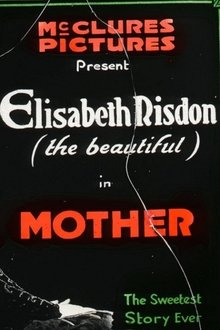
The Mother of Dartmoor (1916)
A man turns poacher for love of a married woman and is jailed by his widowed mother's evidence.
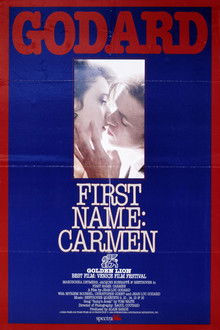
First Name: Carmen (1983)
The protagonist is Carmen X, a sexy female member of a terrorist gang. She asks her uncle Jean, a washed-up film director if she can borrow his beachside house to make a film with some friends, but they are in fact planning to rob a bank. During the robbery she falls in love with a security guard. The film intercuts between Carmen's escape with the guard, her uncle's attempt to make a comeback film, and a string quartet attempting to perform Beethoven.
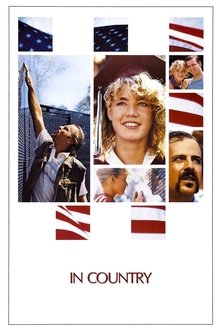
In Country (1989)
Samantha Hughes, a teenaged Kentucky girl, never knew her father, who died in Vietnam before her birth. Samantha lives with her uncle Emmett, who also served in Vietnam. Emmett hangs around with Tom, Earl, and Pete, three other Vietnam vets who, like Emmett, all have problems of one kind or another that relate to their war experiences. Samantha becomes obsessed with finding out about her father.

Lady Joker (2004)
Men and women caught up in a downward spiral of corruption, discrimination, poverty and death are the focus of this detective-thriller/social-drama inspired by the unsolved 1984 kidnapping of a Japanese candy company president.
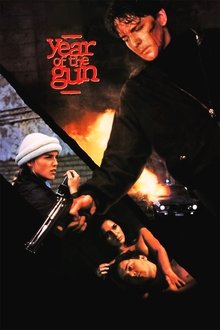
Year of the Gun (1991)
American novelist David Raybourne accidentally becomes entangled in the Red Brigade's terrorist plan to kidnap Italian Premier Aldo Moro during a research trip to Rome. As the terrorists attempt to kill David, he and his photojournalist friend must struggle to stay alive.

Another Country (1984)
In Moscow in 1983, an American journalist interviews Guy Bennett, who recalls his last year at public school, fifty years before, and how it contributed to him becoming a spy.
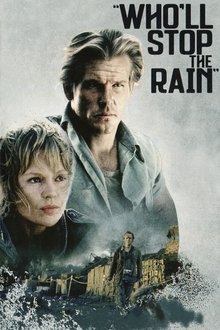
Who'll Stop the Rain (1978)
John, a disillusioned Vietnam War journalist, turns to heroin smuggling. He cons Ray, an equally burnt out veteran into delivering the drugs stateside to his wife. Everything soon falls apart and Ray ends up on the run with John's wife trying to evade crooked narcotics agents.

Reuben, Reuben (1983)
A drunken Scottish poet who has not written a word in years feels compelled to regain control of his life and work after meeting a beautiful young woman.
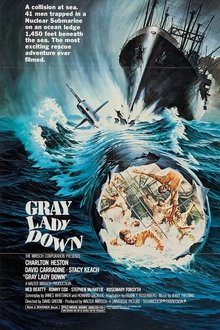
Gray Lady Down (1978)
The USS Neptune, a nuclear submarine, is sunk off the coast of Connecticut after a collision with a Norwegian cargo ship. The navy must attempt a potentially dangerous rescue in the hope of saving the lives of the crew.

Shining Through (1992)
Spirited New Yorker Linda Voss goes to work for international lawyer and secret Office of Strategic Services operative Ed Leland just before World War II. As they fall in love, the United States enters the fight against Hitler, and Linda volunteers to work for Ed spying undercover behind Nazi lines. Assigned to uncover information about a German bomb, Linda also has personal motives to fulfill: discovering the fate of her Jewish family members in Berlin.
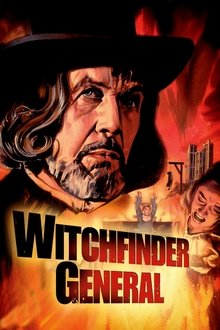
Witchfinder General (1968)
England, 1645. The cruel civil war between Royalists and Parliamentarians that is ravaging the country causes an era of chaos and legal arbitrariness that allows unscrupulous men to profit by exploiting the absurd superstitions of the peasants; like Matthew Hopkins, a monster disguised as a man who wanders from town to town offering his services as a witch hunter.

Blossoms Bloom (2014)
Work life for Shunsuke Osaki has been success after success, but at some point his family began to slip by the wayside. As his elderly father begins to show signs of dementia, Shunsuke takes the family on a trip in a desperate attempt to pull them together before it is too late. Director Mitsutoshi Tanaka's adaptation of Masashi Sada's short story of the same name received the awards for Best Director, Best Actress and Best Music at the 1st Asia International Film Festival in Taipei.

Snow on The Blades (2014)
At Sakurada Gate in 1860, the shogun’s chief minister and his retinue of bodyguards are ambushed and annihilated. Bearing the responsibility and shame for this failure is Shimura Kingo, master swordsman and chief of the guard. Forbidden to take his own life in atonement, he is instead tasked with hunting down the remaining assassins; however, fate intervenes and now only one is left. Devoted to his late lord and his duty, he relentlessly pursues the sole remaining assassin for the next thirteen years. But times are changing in Japan and the way of the sword has become outlawed. What does this mean for Kingo?
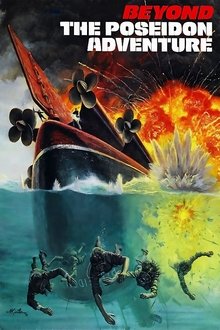
Beyond the Poseidon Adventure (1979)
After "The Poseidon Adventure", in which the ship got flipped over by a tidal wave, the ship drifts bottom-up in the sea. While the passengers are still on board waiting to be rescued, two rivaling salvage parties enter the ship on search for money, gold and a small amount of plutonium.
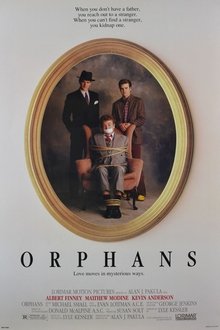
Orphans (1987)
Brothers Treat and Philip have only had each other since they were kids, when a small-time criminal abruptly upends their routine lives.
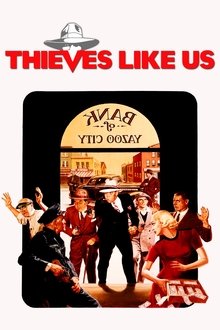
Thieves Like Us (1974)
Three criminals escape from prison and embark on a robbery spree across USA. Along the way, one of them falls in love while they plan a final heist before going their separate ways.
